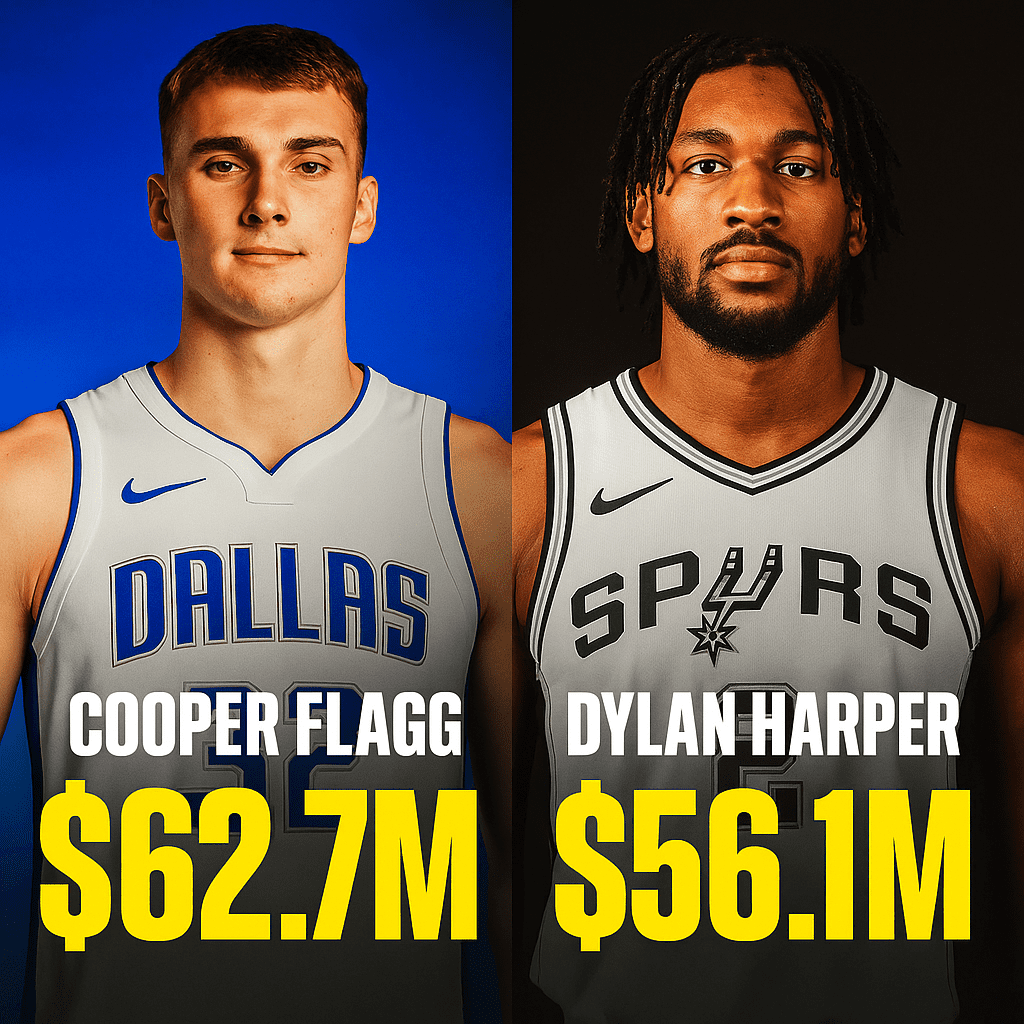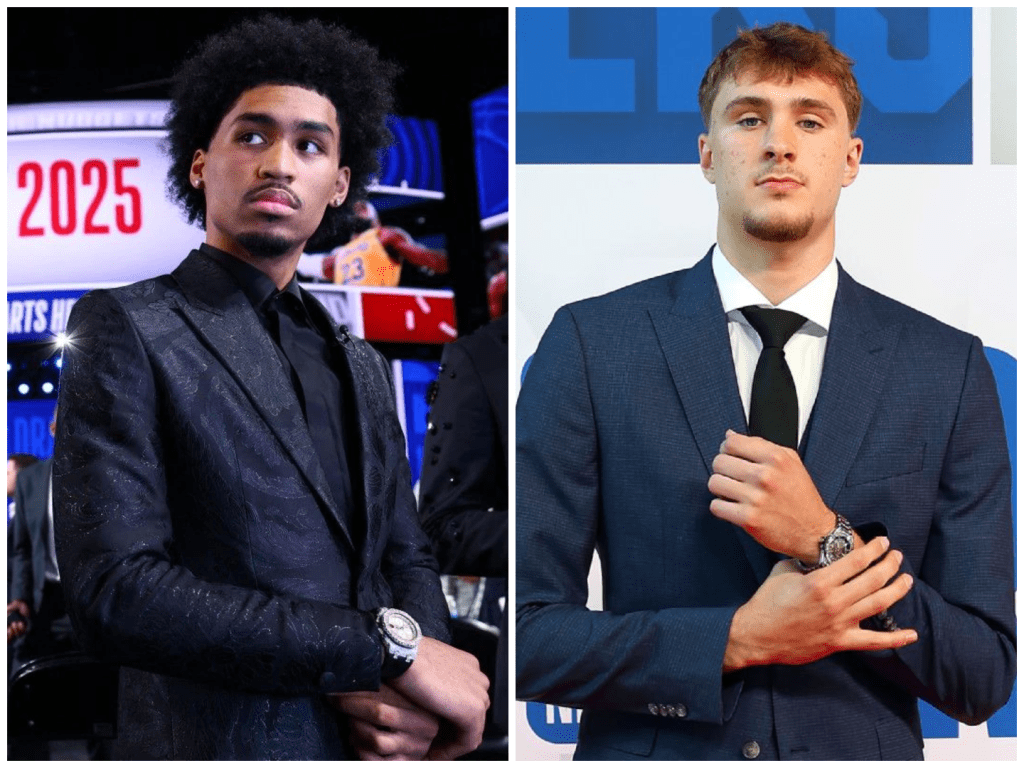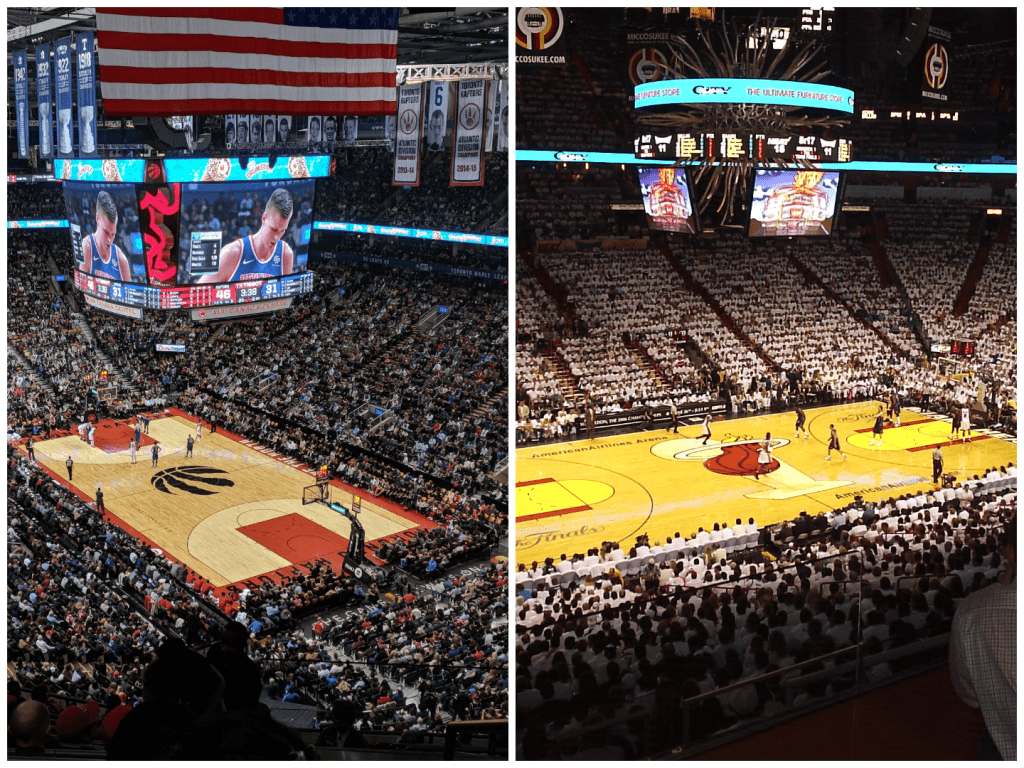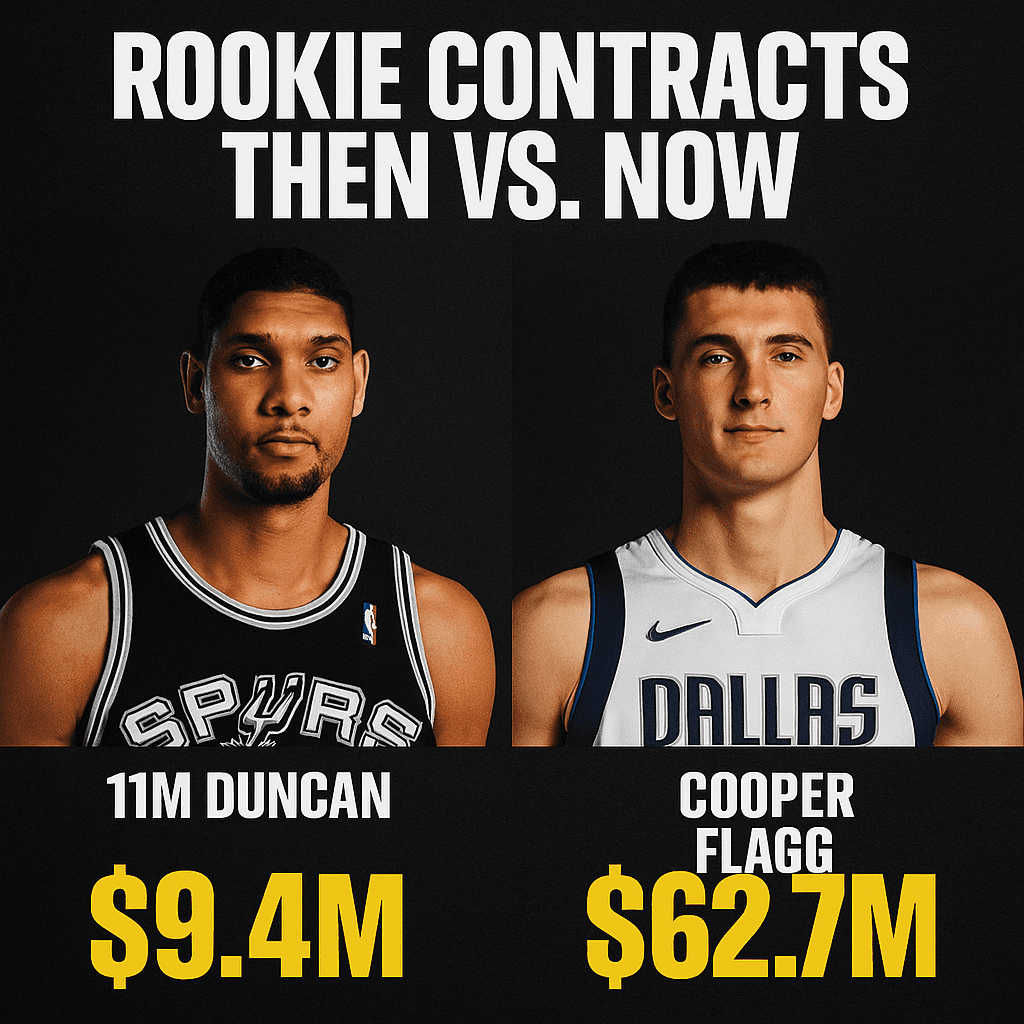NBA Rookies Pocket $60M+ Before Playing a Game—Is This Crazy or Genius?

There’s something wild happening in the NBA, and it’s hitting me hard. Picture this: kids who were in high school or just starting college are now set to make tens of millions of dollars—without ever stepping on an NBA court. Sound insane? It is. And it’s stirring up controversy everywhere.
Take Cooper Flagg. He’s the No. 1 overall pick by the Mavericks, coming out of Duke with massive hype. Before he ever swishes his first NBA shot, he’s guaranteed $62.7 million over four years—thanks to the NBA rookie scale and a massive salary cap boost this year. That money’s locked in whether he’ll be dominant or struggle. The conversation keeps swirling: how can someone make this much off potential alone?
Then there’s Dylan Harper, the son of five-time champion Ron Harper. Picked No. 2 by the Spurs, he’s locked into a $56.1 million deal out of Rutgers. That number already outpaces everything his dad earned in fifteen years in the league. Dylan will make more in one rookie deal than Ron made in his entire career. There’s beauty in the story, but also tension—fans are wondering if that kind of leap makes sense for an 18-year-old.
The Feelings Behind the Figures


I remember being eighteen, worrying about rent or getting enough study hours in before morning classes. Not even close to signing a massive contract. So hearing that these kids are landing $50–60 million is surreal. It brings out a mix of emotions.
There’s admiration. These guys worked their whole lives to get here. Flagg reclassified in high school to enter college early and chase this dream. He landed powerful NIL deals—some reports say $28 million from New Balance and Fanatics while at Duke. That’s impressive hustle.
There’s also tension. Fans are thinking, “They haven’t even played an NBA minute yet.” And that’s fine. That’s healthy. We love their highlights and awards—and yes, we also want to see them prove it on the court.
There’s nostalgia, too. Every fan has that memory of a high school star—maybe in a packed gym, electric energy, yet the big money was still a dream. Not now. These rookies are already living it. For many of us, that contrast hits deep.

The Bigger Picture
These contracts are more than just checks—they’re a window into how quickly sports and business blend together now.
The NBA rookie scale got this big because the salary cap exploded thanks to huge TV deals and global reach. Suddenly, the first-round picks are making figures that dwarf what some veterans earned for their entire careers.
That’s not just about the money—it’s about expectations. Teams are betting billions that these rookies aren’t just potential, but future superstars. They’re investing in marketing plans, training, brand partnerships. The Mavericks and Flagg aren’t just thinking about the next season—they’re planning for a franchise worth.

And for the players, the challenge is huge. They need people to guide them—agents, financial advisors, coaches—because now it’s more than basketball. It’s tax planning, investments, public image. A lifetime of ambition wrapped in a handful of years.
Flagg’s path is fascinating. If he lives up to the hype—7 to 9 All‑NBA teams, MVP years—he could trigger a supermax extension worth $359 million in 2029, and possibly another one in 2034 for $509 million. So his rookie deal is just the beginning of a journey that could hit nearly $1 billion before turning 32. Mind‑blowing.
And Harper is already rewriting stories. He’ll earn more his first four years than his dad did in fifteen. But that also means carrying dad’s legacy, living up to expectations, and dealing with spotlight before he plays a game.
Where do we stand? Are these contracts irresponsible overreaches or smart bets on talent? The truth is probably both.
Fans are uneasy. Some say it’s unbelievable—kids shouldn’t get this much. Others say it’s fair—they’ve trained their whole lives for this. And both sides are right.
Teams are calculating. It’s a business—if one of these rookies becomes the face of a franchise, the financial return can be massive. Selling jerseys, playoff tickets, global streaming rights—it all stacks when you have a young superstar.
And for the players, the pressure is real. Landing life-changing money comes with a mirror—you have to grow into it, both on and off the court. One injury or poor performance can change everything fast. Sports still demands results.
So here’s the heart of it. These rookie deals are lightning-fast trajectories. Changes that used to take decades are happening in months. Lives are flipped from classes to corporate meetings. Expectations skyrocket overnight.
Yet the proof is still waiting. The real test isn’t the napkin math or TV contracts. It’s how they perform under bright, unforgiving NBA lights.
Will Flagg score Rookie of the Year, elevate a franchise, cope with the pressure? Will Harper solidify his own style, fulfill his lineage, and handle the family comparison? That’s the story worth following.
So yeah, it’s wild. Rookies earning $60 million before proving a thing. But maybe that’s just the cost of modern talent in a billion-dollar game. It’s not perfect—but it’s here.